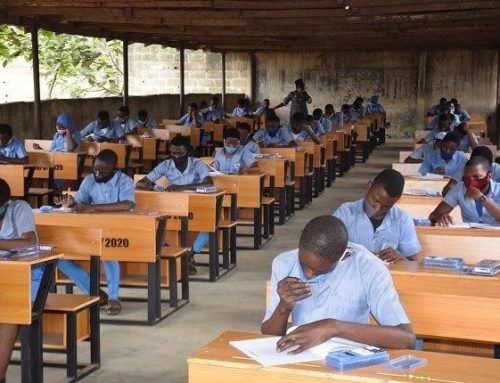Research question
In the past 20 years, the production and distribution of energy in Tanzania has faced enormous challenges including capacity shortages, lack of private investments, and low level of reliability of the power supply. The Tanzanian government has tried to remedy the situation by proposing several investments which have had limited impact so far. This is mainly due to the fact that structural problems affecting the sectors have not been tackled. First, the governance reform of TANESCO has proven extremely difficult given entrenched interests in the sector. Second, long-term large-scale productive investments in the power generation have been constrained by incentives misalignment and significant rent capture possibilities, while less efficient and more costly investments have multiplied.
What factors have made the Tanzanian electricity sector particularly vulnerable to inefficiencies and corruption? How can incremental steps improve the electricity supply mix for different users in Tanzania?
Project summary
TANESCO is the Tanzanian state-owned electricity supply company. We question the sources of TANESCO’s financial vulnerability and rent capture, and investigate which alternative energy technologies (including both on-grid and off-grid) could be deployed in a cost-effective manner, and how investments in these technologies could be incentivised.
As energy production supplied by TANESCO has always been far less than the level of demand, the government has been stipulating contracts with private energy producers; in such agreements, the private sector produces energy and sells it to TANESCO. It is inside these agreements that corruption may occur. The hypothesis we make is that corruption has a negative and significant impact on power generation, as existing policies dissuade high-capability companies from entering the energy sector, expanding the existing production capacity and investing in alternative sources of power generation. Policies that discourage efficient generation also create incentives for corruption as less capable but politically connected companies engage in the construction of expensive cost-inefficient power plants and other wasteful expenditures.
We conduct an in-depth analysis of electricity procurement processes, the legal framework and the role of different players – including intermediaries – in defining contracts and cost structures. We collect detailed plant-level data from TANESCO to compare output across energy plants as well as data from Ewura on mini-grids plants. We then model different types of energy plant and sources to show opportunities for a cost-effective shift from one type of technology to another for specific energy needs and users.
Main partners
Antonio Andreoni (SOAS University of London), Sufian Bukurura (REPOA), Luca Tasciotti (SOAS University of London), Emmanuel Tayari (TMBM) and Donald Mmari (REPOA).







